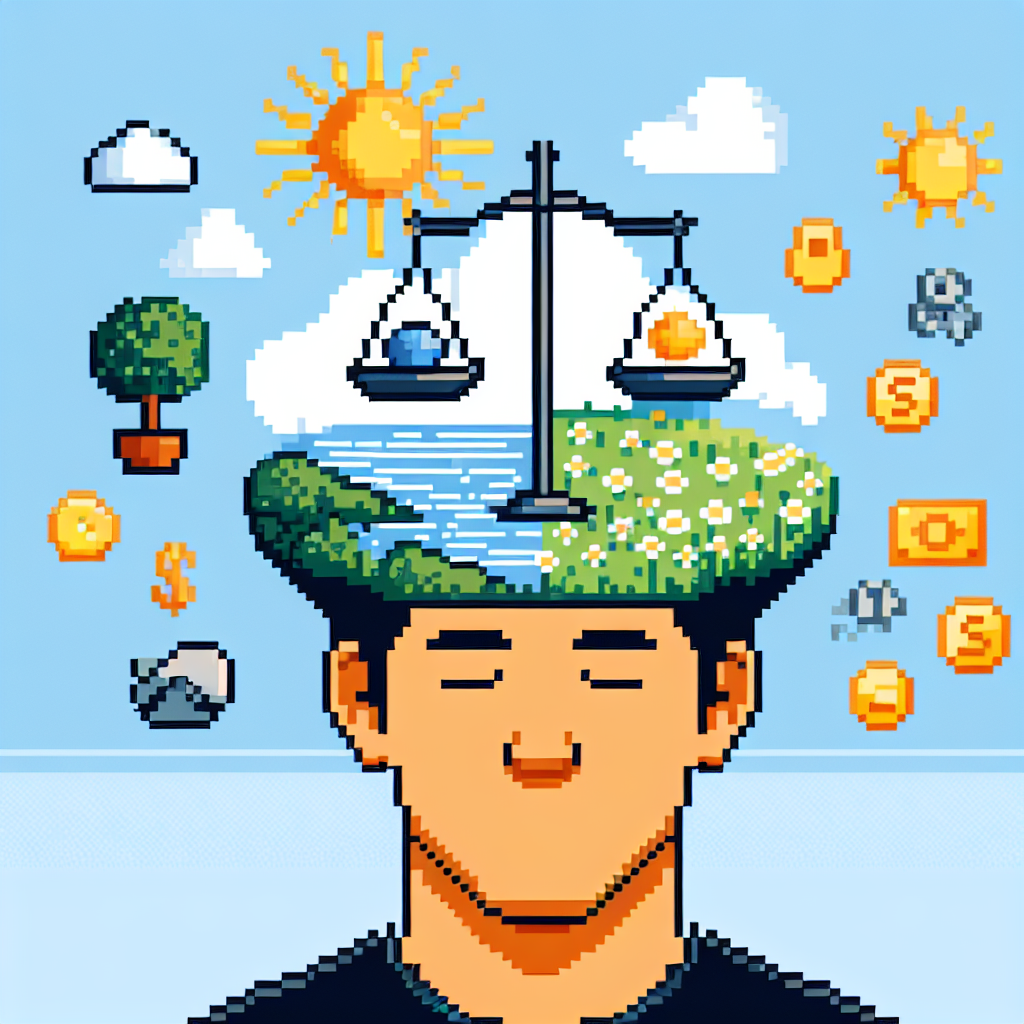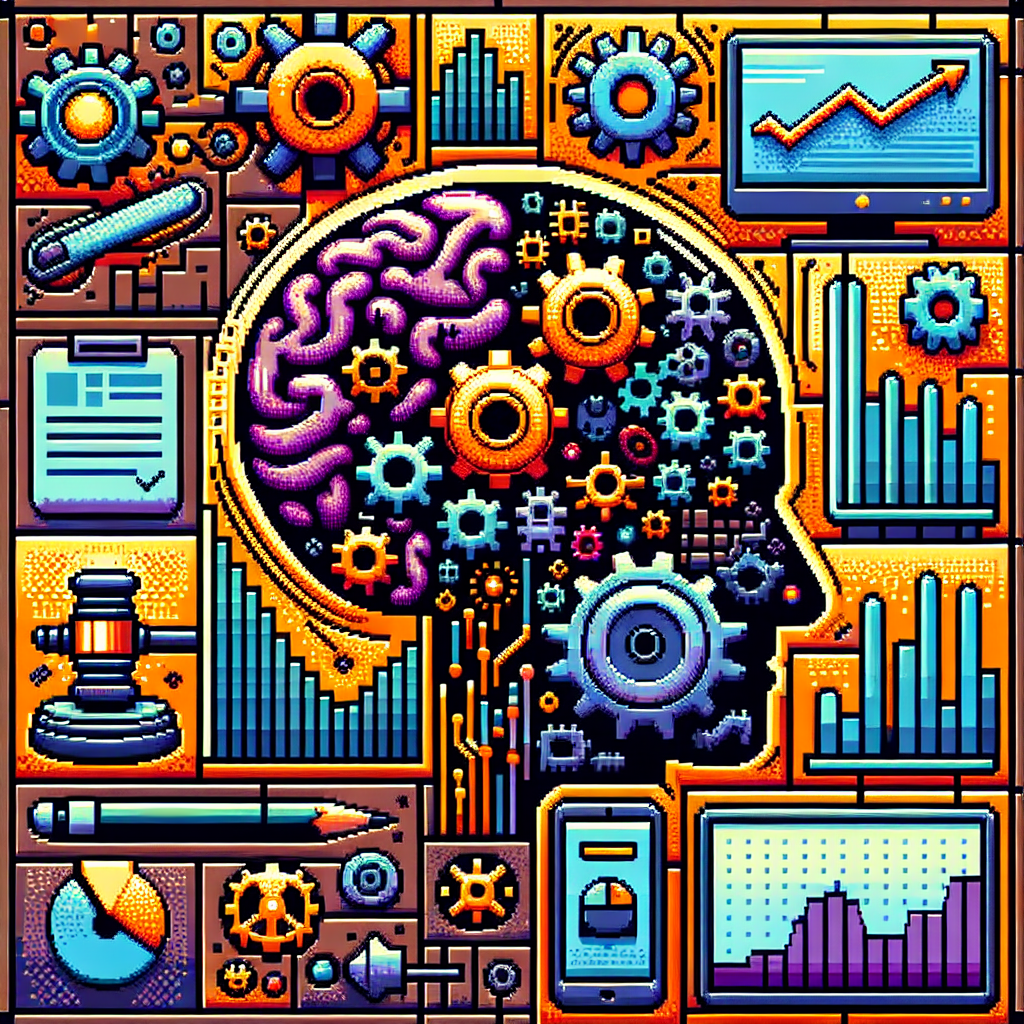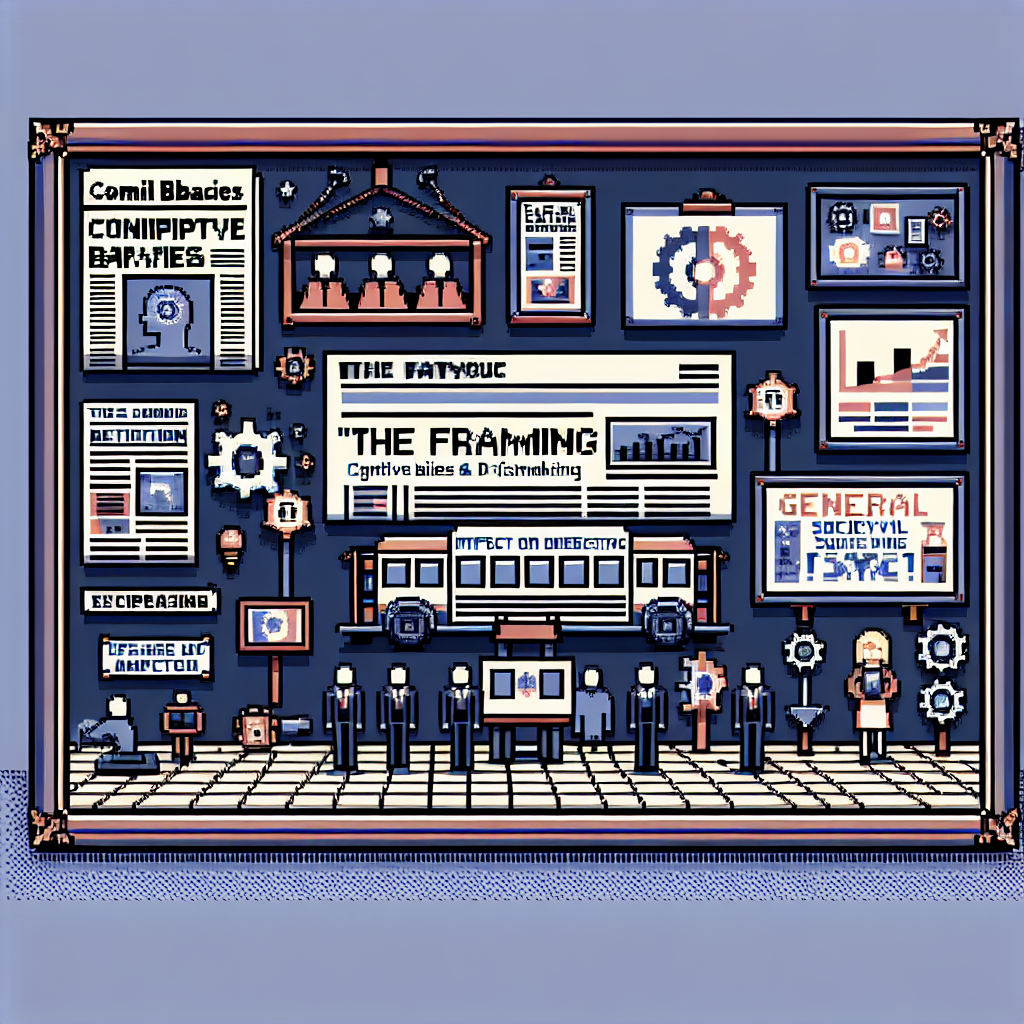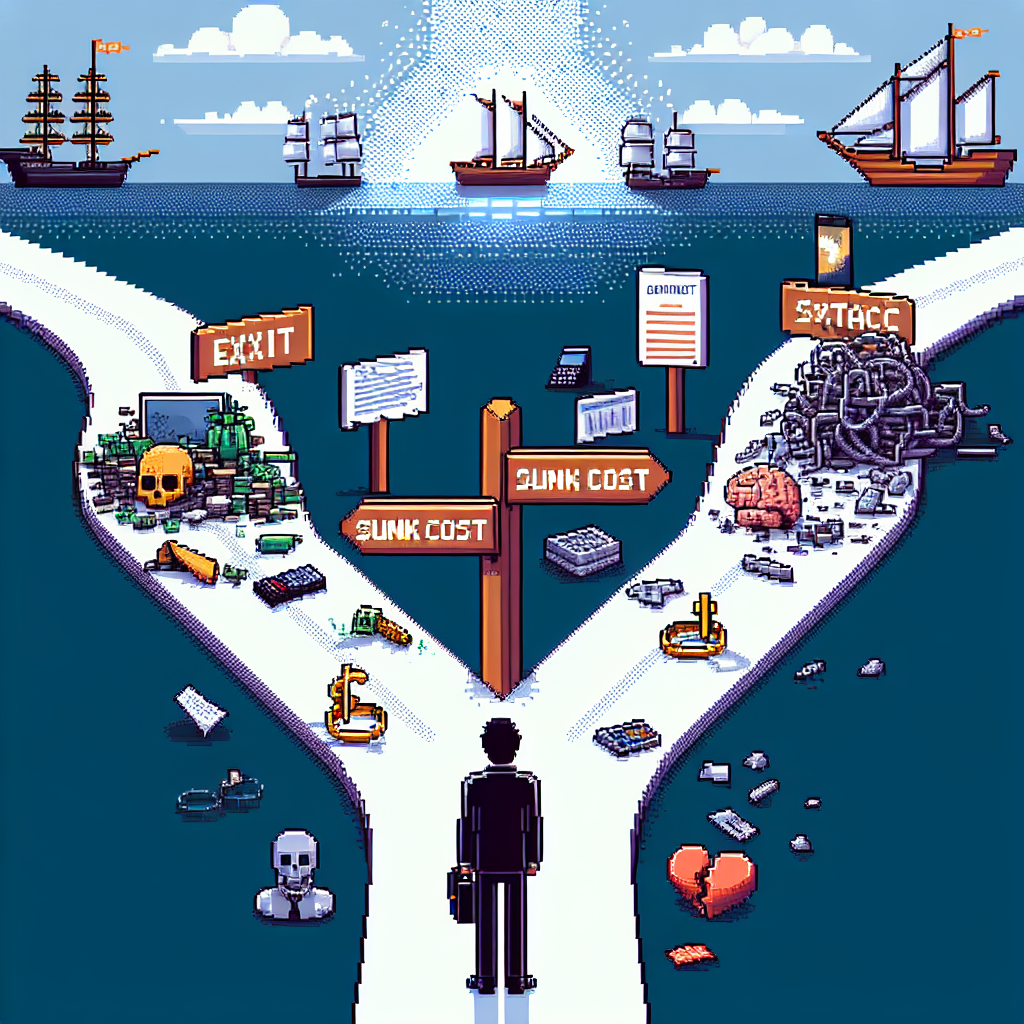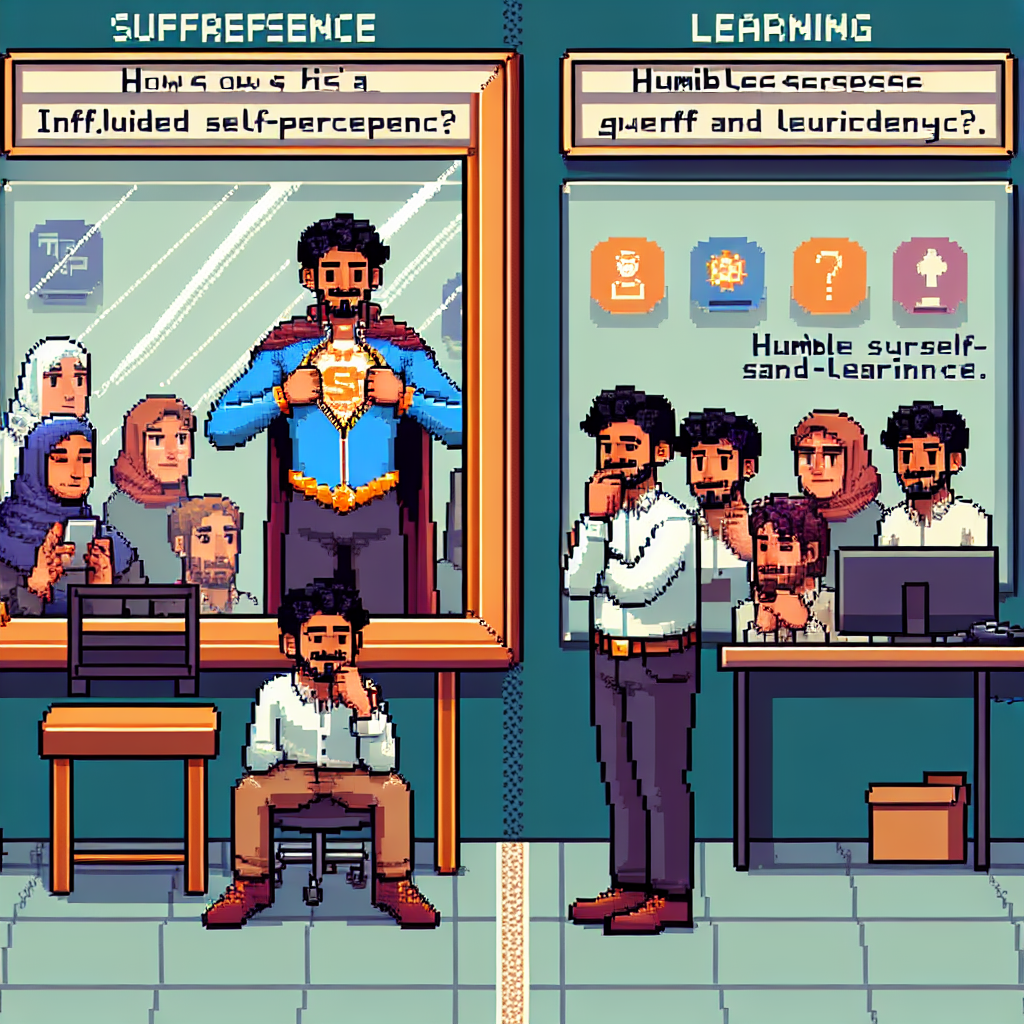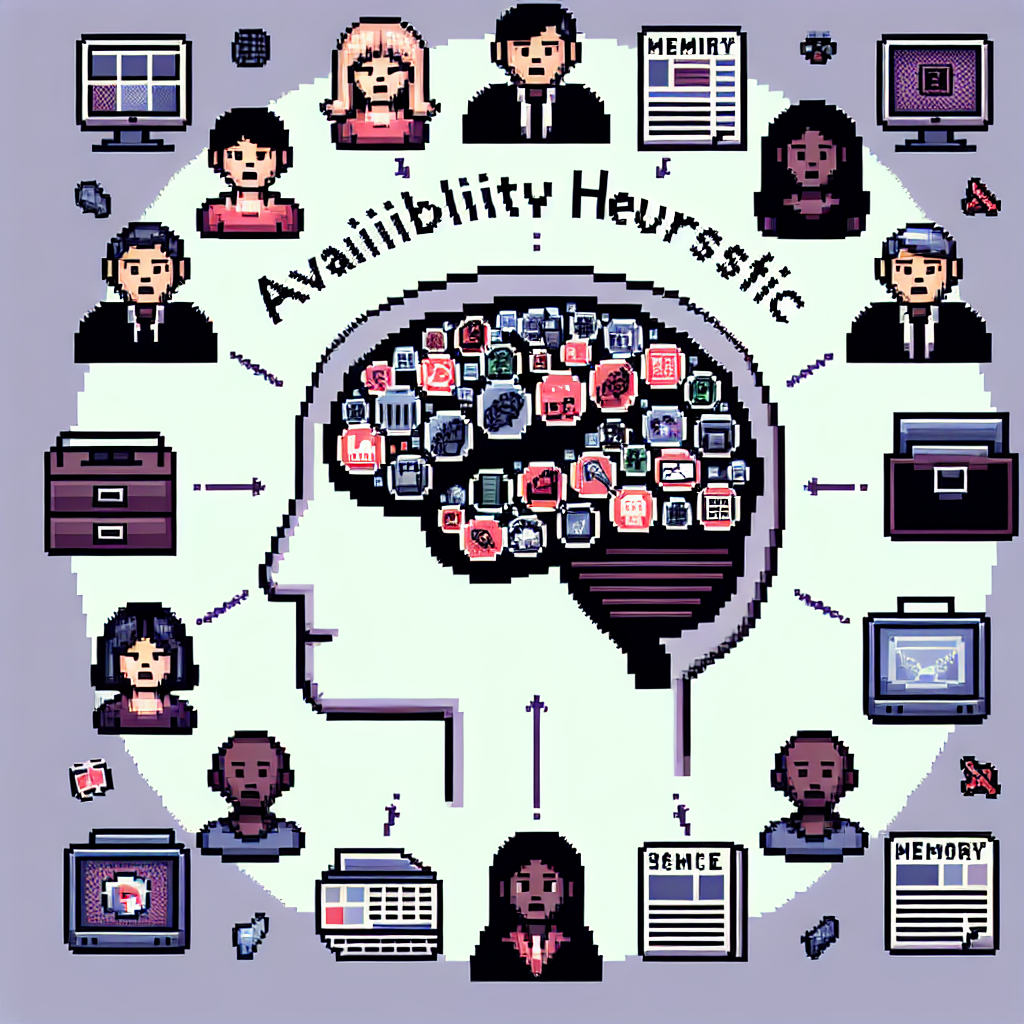Slippery Slope: “If we adopt this policy, it’s the end of our company culture.”
### Exploring the Slippery Slope: Analyzing Concerns About Company Culture In an increasingly digital age, discussions around remote work have become more common in corporate settings. During a company meeting in 2022, a long-term employee voiced a concern about adopting remote work options. The argument was made that implementing such a policy could mark the […]
Slippery Slope: “If we adopt this policy, it’s the end of our company culture.” Read More »

